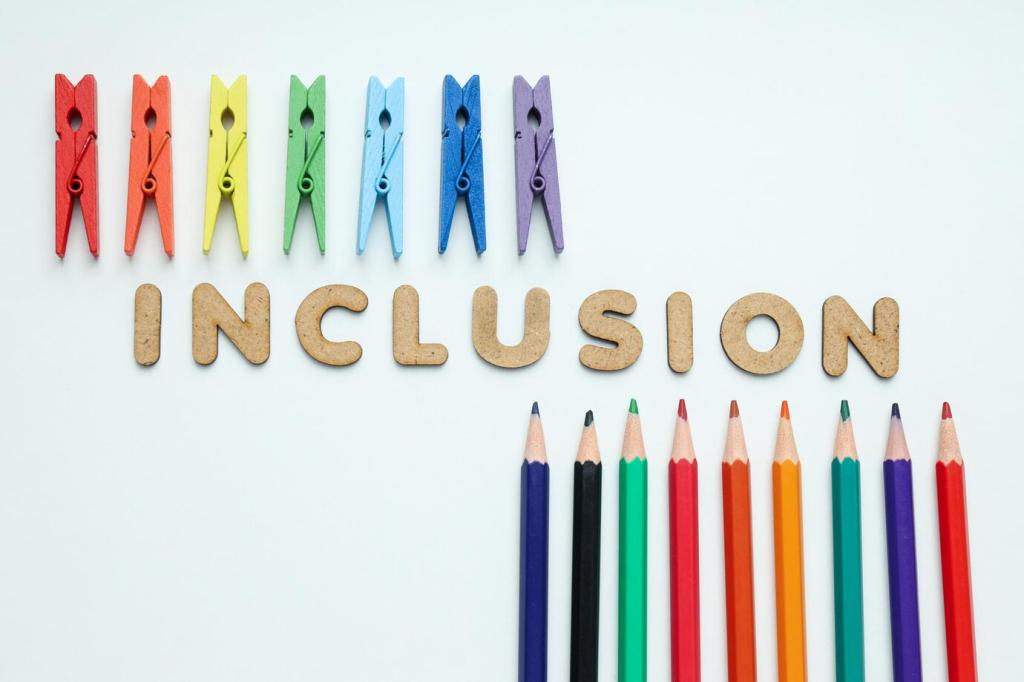Guide with Respect: Customized Cultural Sensitivity Programs for Tour Guides

Beyond One-Size-Fits-All Training
No two destinations, communities, or guide cohorts are identical. Customized cultural sensitivity programs adapt to local norms, traveler expectations, and guide backgrounds, providing relevant scenarios, language guidance, and rituals that fit your exact route and clientele.

Avoiding Harm, Building Trust
Thoughtful customization prevents cultural missteps that strain relationships with hosts and guests. By addressing specific taboos, etiquette, and expectations, guides safeguard dignity, foster trust, and turn brief encounters into moments of genuine intercultural understanding and respect.

A Story from the Souk
In Marrakesh, a guide avoided awkward bargaining by teaching guests a locally respectful approach before entering the market. The customized briefing calmed nerves, honored vendors, and transformed the visit into a joyful, mutually appreciative exchange.
Designing Programs Tailored to Guides and Destinations
Interview community representatives, veteran guides, and recent travelers to map sensitive topics, recurring misunderstandings, and desired behaviors. This groundwork ensures your curriculum addresses real friction points rather than imagined challenges or generic, less actionable advice.
Designing Programs Tailored to Guides and Destinations
Invite elders, artisans, and cultural mediators to contribute stories, language tips, and do’s and don’ts. Co-created modules carry authority and empathy, showing respect for lived knowledge while ensuring guidance reflects current realities and not outdated assumptions.
Designing Programs Tailored to Guides and Destinations
New guides need foundational etiquette and scripts; experts need advanced nuance and situational judgment. Scaffold learning with layered scenarios, skill checkpoints, and optional deep dives so everyone advances without boredom or overwhelm during training and ongoing practice.
Communication Skills for Cross-Cultural Moments
Respectful Language, Questions, and Silence
Teach phrases that invite consent and participation, not pressure. Emphasize open questions, gratitude, and comfortable pauses. In some cultures, silence signals respect; in others, warmth emerges through friendly small talk before addressing practical details.
Reading Nonverbal Signals
Eye contact, personal space, and gestures shift meaning across borders. Tailored coaching includes local body-language norms and red flags, so guides can adapt stances and distances, avoiding misinterpretations that unintentionally convey rudeness or unwelcome familiarity.
De-escalation Scripts for Tense Situations
Prepare guides with calm, culturally aware phrasing for misunderstandings, intrusive photography, or bargaining disputes. Scripts reduce stress, show empathy, and center community expectations while keeping guests informed, safe, and open to learning from the moment.
Storytelling and Itinerary Choices with Cultural Care
Replace stereotype-laden legends with firsthand accounts from local historians, craftspeople, and tradition bearers. This approach credits sources, clarifies uncertainties, and shares power, transforming guiding from spectacle into a respectful bridge between hosts and visitors.

Practice Makes Prepared: Scenarios and Role-Plays
Realistic Situations, Real Emotions
Stage situations like surprise closures during religious observances, uninvited touching of artifacts, or inappropriate jokes. Practicing emotional responses and respectful redirection builds muscle memory, ensuring calm competence when the stakes feel high on tour.
Coaching with Feedback Loops
After each role-play, invite peers and community advisors to offer observations tied to stated cultural goals. Focus on behaviors, not personalities. Document lessons learned to refine scripts, signage, and pre-tour briefings for future guiding excellence.
Reflection Journals and Peer Circles
Encourage guides to note what worked, what felt awkward, and which cultural nuances surprised them. Regular peer circles normalize learning, maintain humility, and transform individual insights into team-wide practices that respect hosts and support guests.
Measuring Impact and Iterating Your Program
Define Outcomes that Matter
Move beyond completion rates. Track respectful interactions, reduced complaints, increased local satisfaction, and guide confidence. Align indicators with community-defined priorities so improvements reflect host needs, not only operational convenience or external benchmarking.
Data with Dignity
Collect feedback ethically, with clear consent and anonymization where appropriate. Translate forms into local languages and compensate community time. Treat every data point as a relationship, not a number, reinforcing trust throughout your improvement efforts and evaluations.
From Insights to Upgrades
Turn findings into action: update scripts, refresh itineraries, and schedule refresher workshops before peak seasons. Share wins with community partners, inviting critique and co-ownership so improvements remain grounded, relevant, and genuinely helpful for everyone involved.
Digital Tools and Resources for Personalized Learning
Deliver five-minute lessons on greetings, gestures, or market etiquette before each tour. Personalized playlists adapt to upcoming itineraries, keeping knowledge fresh without overwhelming guides who juggle logistics, safety, storytelling, and guest expectations daily.


Digital Tools and Resources for Personalized Learning
Build a searchable library of local scenarios with branching choices and consequences. Guides explore options, practice language, and learn from community feedback, deepening sensitivity through repetition, reflection, and context-rich examples drawn from real encounters and experiences.


Ethics, Safety, and Community Benefit
Teach guides to seek consent with culturally appropriate phrasing, especially for children, artisans, and sacred ceremonies. Offer respectful alternatives when photos are inappropriate, like purchasing art, commissioning portraits, or simply listening without documenting moments.
Ethics, Safety, and Community Benefit
Design shopping stops that prioritize fairness and transparency. Explain price norms and haggling etiquette without coercion. Encourage guest choice, promote cooperatives, and highlight community enterprises so economic benefit is shared, dignified, and authentically community-driven.
